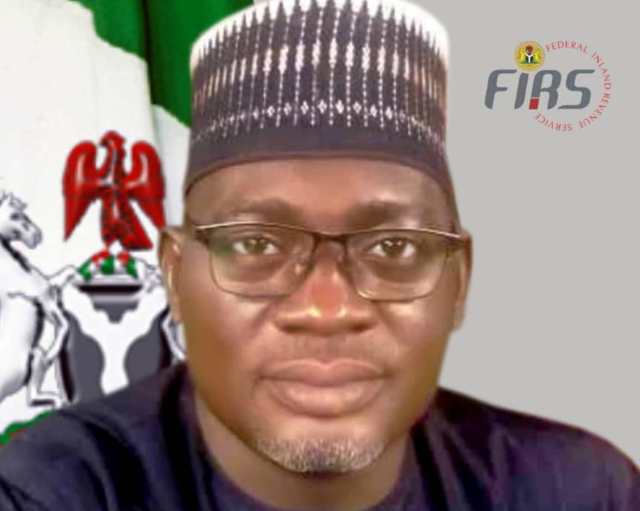MEDIATRACNET
To guarantee energy security and drive towards wealth creation for all Nigerians, the Nigerian National Petroleum Corporation (NNPC) has reiterated its commitment to effective stewardship of the nation’s hydrocarbon resources to realize set targets.
Nigeria’s aspirations in the oil and gas industry are to grow crude oil production capacity from the current average of 2.3 million barrels per day to three million barrels per day, and national reserves from 30 billion barrels to 40 billion barrels by 2023.
The Group Managing Director of NNPC, Mele Kyari, said in his keynote address at the 2021 Nigeria Oil and Gas Conference and Exhibition (NOG 2021) on Tuesday in Abuja that his corporation was fully committed to delivering those targets for the benefit of all Nigerians.
Speaking on the topic: “Vision and Priorities for Nigeria’s Energy Transformation,” Kyari said for a nation with a teeming youth population and a developing economy, Nigeria requires the right policies to unlock its huge economic potentials.
He said the NNPC was working towards bridging the energy gap to multiply wealth for its varied stakeholders.
“We see a nation that must integrate by developing midstream and downstream infrastructure as the intersection and bridge to value. We see a nation in need of the right policy framework to attract new investments, while encouraging existing players to continue to grow,” Kyari said.
The Corporation, he said, has completed the Escravos-Lagos Pipeline System (ELPS) Phase II project, to expand the gas supply channel for domestic gas utilization in the country.
He said the government has also kick-started the Ajaokuta-Kaduna-Kano (AKK) gas pipeline project, while the Obiafu-Obrikom-Oben gas pipeline (OB3) project was billed for completion soon.
The GMD maintained that the Corporation’s vision was to emplace the critical backbone infrastructure, create liquidity and provide the necessary linkages to markets.
The NNPC and its partners, he said, were harnessing and exploiting the nation’s huge gas potentials one of which was the Nigeria Liquefied Natural Gas (NLNG) Train 7 project.
President Buhari performed the ground-breaking ceremony recently.
The NLNG Train 7, he said, was a flagship project expected to increase the nation’s LNG production capacity by 35 percent and seal Nigeria’s position as one of the top LNG nations in the world.
Nigeria, he said, was in the process of also transforming into an LNG-consuming country, while at the same time deepening domestic utilization of Liquefied Petroleum Gas (LPG).
On the refineries, he said the programme for the rehabilitation and upgrading of the existing refineries was on course, adding that while work had already started on the Port Harcourt Refinery Company (PHRC), work would soon start on the Warri Refining and Petrochemical Company Limited (WRPC) and the Kaduna Refining and Petrochemical Company Limited (KRPC).
“The NNPC plans to take 20 percent equity in the Dangote Refinery and acquire stakes in other private modular and condensate refineries in the country.
“Our priority is to meet our local fuel demand, because that is the right way to go, thereby making Nigeria to become the hub of petroleum products supply to other African countries in the years ahead,” Kyari said.
He said NNPC, as a National Oil Company (NOC), has made strategic decisions that would enable Nigeria to be energy sufficient through its partnerships and several business portfolios that would add value to the nation.
The NNPC helmsman said the recent passage of the Petroleum Industry Bill (PIB) by the National Assembly was a clear example of how collaboration across political lines can deliver reforms, assuring that the Corporation would sustain engagement with partners to co-create solutions for unique challenges and provide the platform for effective policy engagement.




